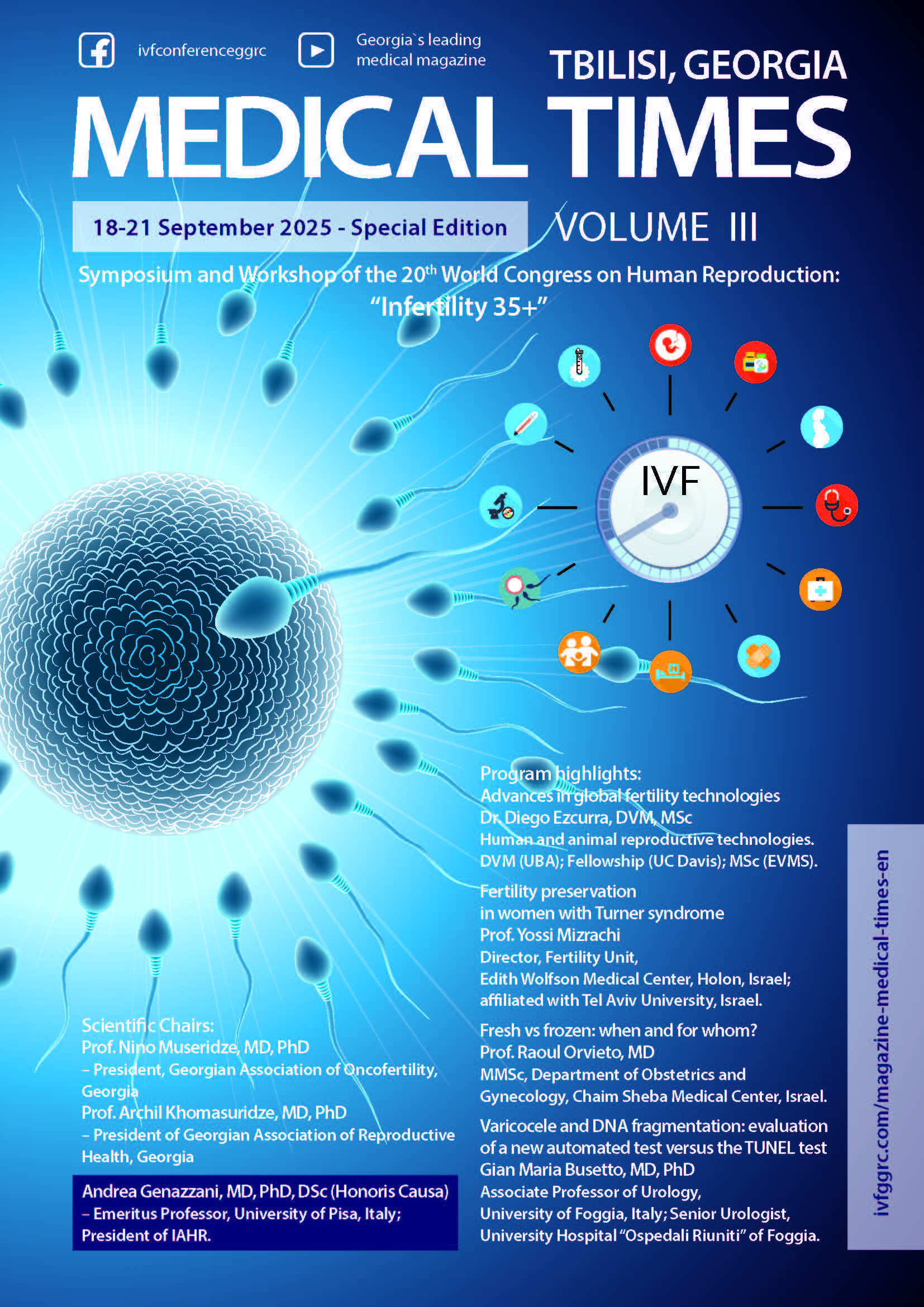Correction of Uterine Microflora Composition Disorders and Embryo Transfer Timing in Patients with Recurrent Implantation Failure: Clinical Effects and Prognostic Factors
DOI:
https://doi.org/10.71419/mtggrc.2025.23Keywords:
recurrent implantation failure;, endometrial microbiome;, implantation window;, personalized medicineAbstract
Background: Recurrent implantation failure (RIF) represents a serious challenge in reproductive medicine, limiting the effectiveness of assisted reproductive technology (ART) programs. Contemporary research demonstrates the pivotal role of endometrial microbiome and receptivity disorders in the pathogenesis of implantation failure, substantiating the need for comprehensive diagnosis of maternal factors.
Objective: To evaluate the effectiveness of an individualized approach to correcting endometrial microbial imbalance and optimizing embryo transfer timing in women with recurrent implantation failure.
Materials and Methods: A prospective controlled study of 107 patients with RIF undergoing vitrified embryo transfer was conducted. Participants were stratified into a study group (n=54) with molecular genetic ERA and EMMA testing (Igenomix, Spain) followed by personalized therapy, and a control group (n=53) with standard protocol. Implantation rates, clinical pregnancy rates, and live birth rates were analyzed. Multivariate analysis of endometrial disorder predictors was performed.
Results: Molecular genetic testing revealed a displaced implantation window in 51.85% of study group patients; microbial imbalance with Lactobacillus spp. deficiency was registered in 74.08% of subjects. The study group achieved significantly higher efficacy parameters regardless of preimplantation genetic screening application (p<0.05). Statistically significant associations were established between invasive intrauterine procedures and dysbiosis development (p=0.0053), as well as between chronic endometritis and receptivity impairment (p=0.006).
Conclusions: Integrated assessment of endometrial microbiome and functional status with subsequent targeted correction demonstrates significant improvement in ART outcomes in patients with RIF. Molecular genetic diagnostic methods should be appropriately included in the examination algorithm for this patient category.
Downloads
Published
Issue
Section
License
Copyright (c) 2025 Nato Shamugia, Polina Varlakova, Natalia Podzolovka (Author)

This work is licensed under a Creative Commons Attribution 4.0 International License.
In case an article is accepted for publication it is allowed to combine the article with other research, to conduct new research on the article, or to make different arrangements on condition that the same license is used including commercial purposes.
As an author of an article published in the Medical Times, you retain the copyright of your article and you are free to reproduce and disseminate your work.














